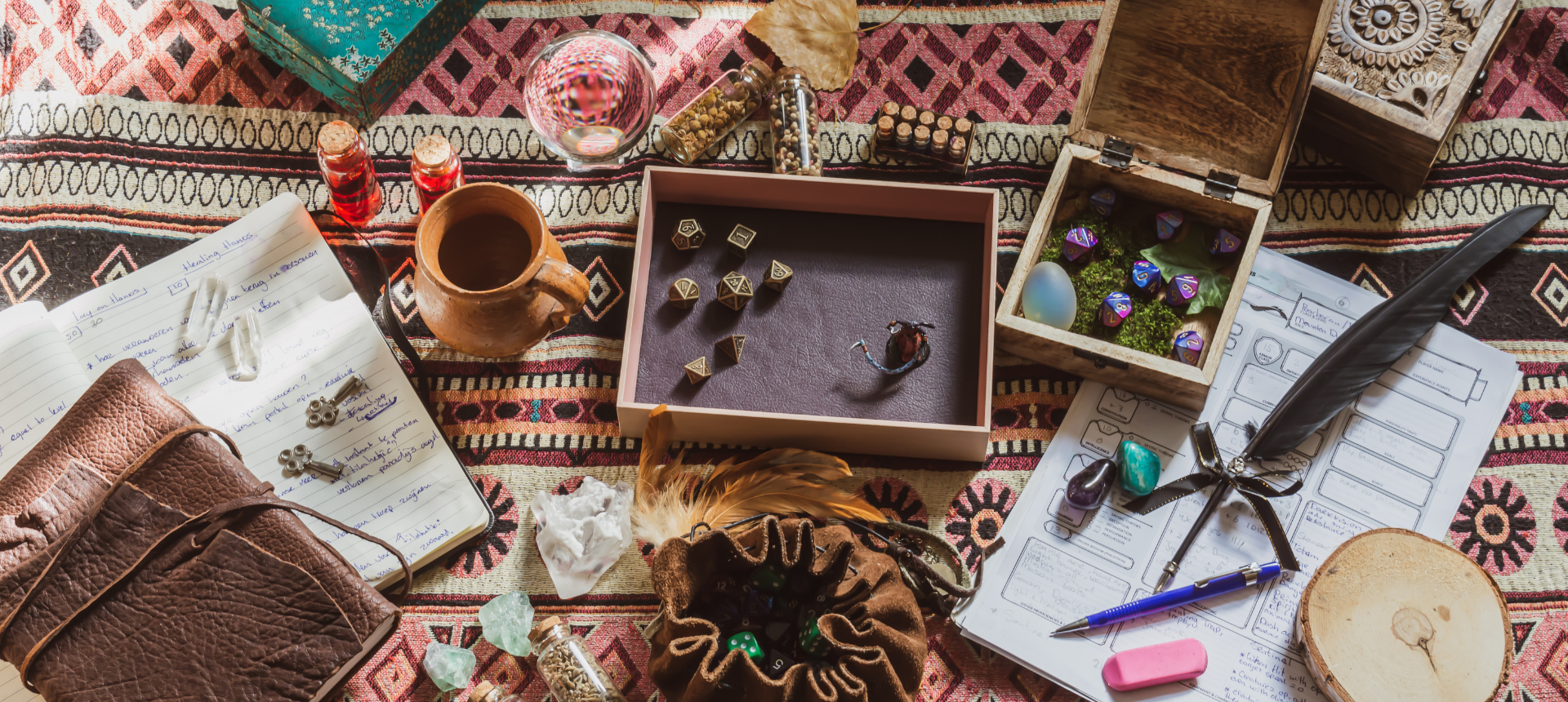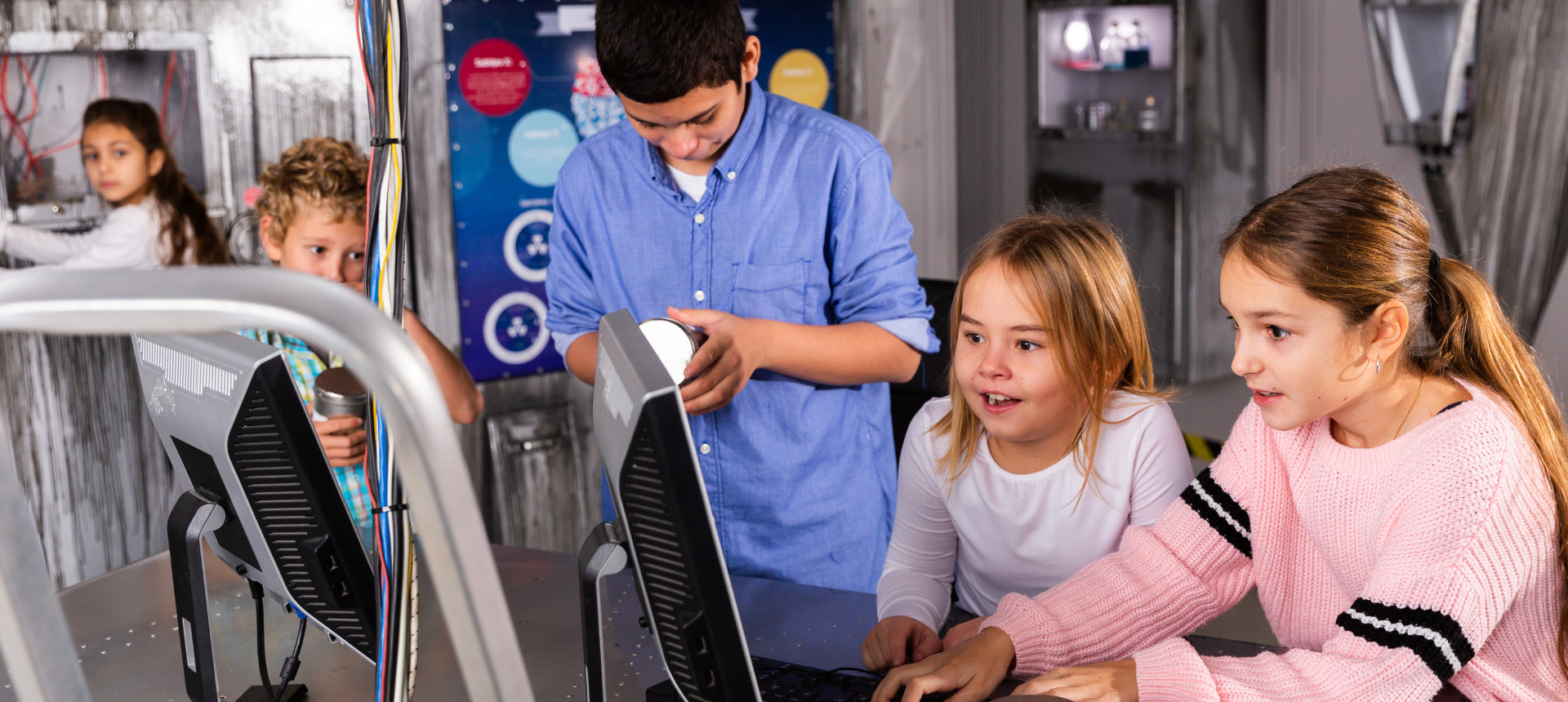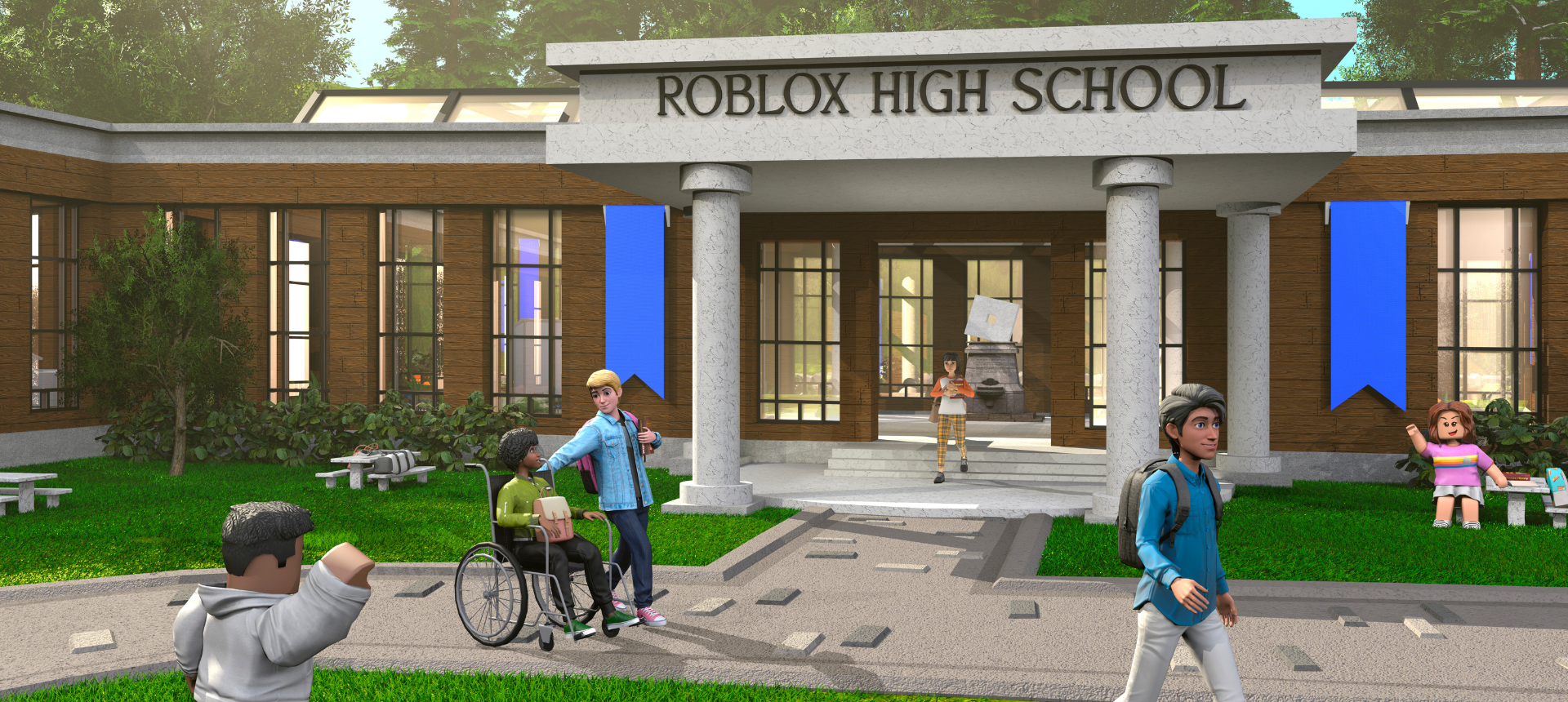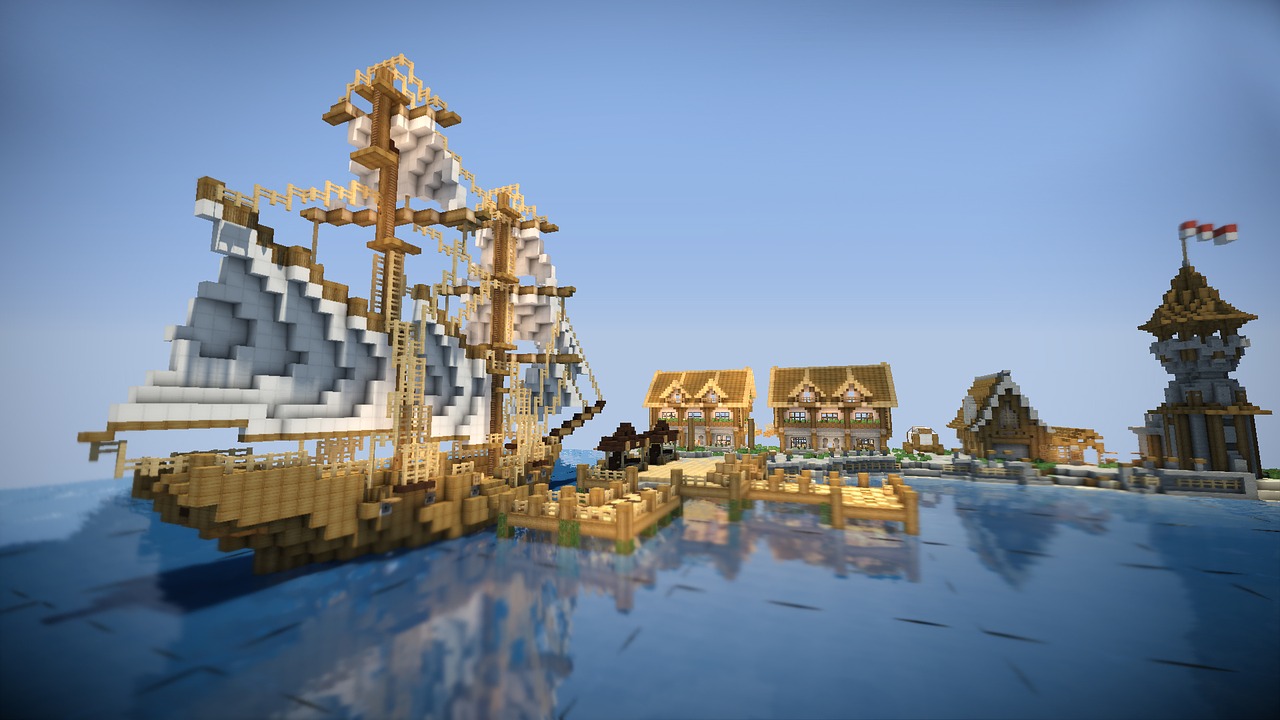Dungeons & Dragons (D&D) is a tabletop roleplaying game that features a mixture of roleplaying, world exploration and battles. Players get to create a unique personal character and then decide the background, personality and actions of their chosen character inside a fictional fantasy world. One player known as the GM (Game Master) or DM (Dungeon Master) has a different role; they describe the world and play all the other characters the players meet along the way. Outcomes are then decided by rolling dice, most famously with the iconic 20-sided dice! Nothing is certain in Dungeons & Dragons and one of the key lessons is how to adapt, find solutions and move forward to achieve goals.
At its core, Dungeons & Dragons players can express their creativity through their character, an outlet to imagine themselves as an idealized or alternative version of themselves. Below are 4 ways in which D&D stimulates your child’s creativity and learning!
1. Character Ownership
A roleplaying game is based around the building of a character who grows, reaching their full potential by the end of the story. This story of growth creates a strong sense of attachment in the player. In video games the main character is often an everyman/woman. With Dungeons & Dragons we get the opposite, players aren’t limited by the character on the screen.
Decisions include the type of their character, e.g Dwarf, Elf, Orc, each evoking a set of images and tropes to build from. Pre-written backgrounds like Acolyte, Entertainer, Soldier provide character back stories but they also affect their character’s abilities. It is a combination of this connection to a character journey but the freedom of choice that allows a personal ownership of the creative process.
2. Finding Their Voice
One of the greatest things about Dungeons & Dragons is the uniquely personal experience for the players. The DM may create the world but it is the players who live in that world. As the leader running the game, the DM’s key job is to help the players follow their passions, solve problems and develop their unique path: the DM adjusts and alters the game to match both their interests and their playstyle.
Let's imagine three players in an adventure who journey together:
- Player A loves animals and enjoys time in nature, their time is spent searching forests, tundra and mountains. Player A forages for plants and applies their out of game knowledge to befriend wild animals.
- Player B has a passion for engineering; they spend hours away from sessions coming up with unique devices and contraptions for their character. The DM then works with Player B to make sure they are not too powerful in the game, helping Player B to understand game design.
- Player C is a history enthusiast, who draws comparisons to the game story from events in world history. Their actions and decisions become politically driven so the DM accentuates power struggles between opposing factions and empires for Player C to apply their knowledge.
These three players play together as a team but Dungeons & Dragons offers a personalised experience that is unlike any other. It provides structured social time for players to pursue their passions, carve out a clear role for themselves and truly find their voice amongst their peers.
3. Understanding Storytelling
When a reader dives into an absorbing book or a viewer is drawn into an engaging film or TV show, they are back seat riders, enjoying the experience from the outside looking in. Roleplaying games encourage players to experience the story from within. Each piece of information provides choices; a series of clues might look something like:
- Rumours of spreading disease become a driving force to travel to the village of Evermist.
- A letter from the town alchemist hints at the source of the plague.
- Finally studying the crops of a local farm leads to a witch’s lair hidden in the fields.
Players follow the hints to discover the story from the inside out. Players must retain large amounts of information, keep track of moving parts and have a clear picture of the overall story. Organically, players begin to understand traditional storytelling structure, patterns and tropes.
Another part of the learning is collaborative storytelling. In Forbes article ‘Six Storytelling Lessons You Can Learn From 'Dungeons & Dragons', Goldie Chan explains how Dungeons & Dragons allows a safe space for shared storytelling. Players can experiment with new ideas, some succeed and some fail, but all the while everyone is having fun and learning. A D&D game runs like a writers’ room for an ongoing TV show, everyone pitches their ideas but without the pressure of a network head!
4. Developing Creative Problem Solving
Unlike an escape room or puzzle game, where there is an exact answer for each problem, in D&D there is no ‘correct’ or ‘right’ solution. Oftentimes the DM won’t know the answer. Instead the DM presents a scenario and it is up to the players to come up with creative ways to move the story forward and figure out a route to success.
Players will discuss, theorise and finalise a clear path ahead, or so they think... Sometimes it fails because the players don't have all the key pieces of information. Other times a sneaky villain directly works to spoil their ideas. Or often things don’t succeed simply because of a bad dice roll (their idea was great, they just couldn’t execute it). Just like in life some things fail for reasons we can’t predict, prepare or plan for. A great lesson for any young learner. Now they must dust themselves off, assess what went wrong and find an alternative strategy to achieve their goals.
Conclusion
D&D can help your child learn how to interact and work creatively and effectively in teams, finding their own voice and strengths. When D&D is being played on a hosted platform like Zoom, this provides a great opportunity to develop the very same soft skills which have a premium value in a world where remote collaborative working and video conference calls play a key role, whilst having fun.
About the Author
 Topher Collins is a teacher and games master from the UK who specialises in Dungeons & Dragons. Here on Outschool he teaches multiple weekly ongoing adventures and runs a monthly group, DnD With Toph - Dungeons & Dragons Social Club, where passionate learners can further pursue D&D with monthly competitions, group projects and invitations to special classes. His classes provide invaluable social time for learners amongst peers, a place to build friendships and nurture creativity. He is determined to create safe spaces for learners of all backgrounds and is experienced with teaching neurodiverse learners.
Topher Collins is a teacher and games master from the UK who specialises in Dungeons & Dragons. Here on Outschool he teaches multiple weekly ongoing adventures and runs a monthly group, DnD With Toph - Dungeons & Dragons Social Club, where passionate learners can further pursue D&D with monthly competitions, group projects and invitations to special classes. His classes provide invaluable social time for learners amongst peers, a place to build friendships and nurture creativity. He is determined to create safe spaces for learners of all backgrounds and is experienced with teaching neurodiverse learners.
Topher says:
“This is an incredible tool to help children discover their identity, build self-belief and develop their personality amongst their peers. The invaluable skills learnt will be carried with them for the rest of their lives - such as working in a team, public speaking, completing projects, social skills and so many more!”
You can check out Topher's D&D classes here.
Chan, Goldie. “Six Storytelling Lessons You Can Learn From ‘Dungeons & Dragons.’” Forbes, Forbes, 17 May 2019, https://www.forbes.com/sites/goldiechan/2019/05/17/storytelling-lessons-dnd/?sh=6c3e508c1f5d.










